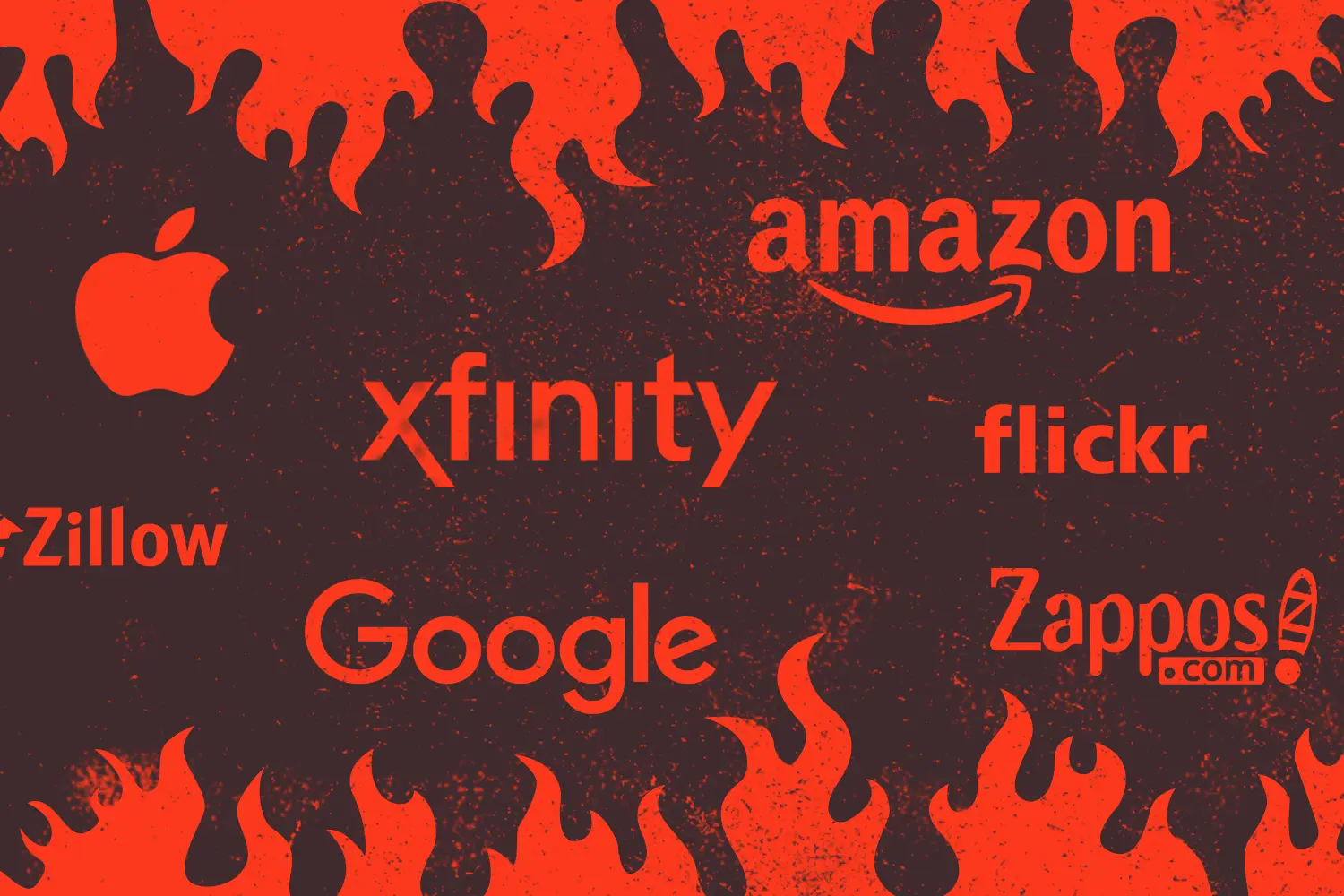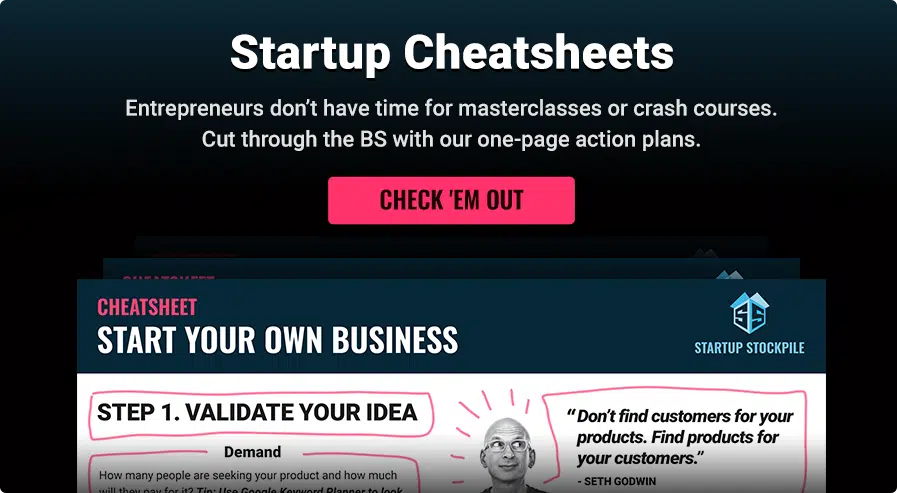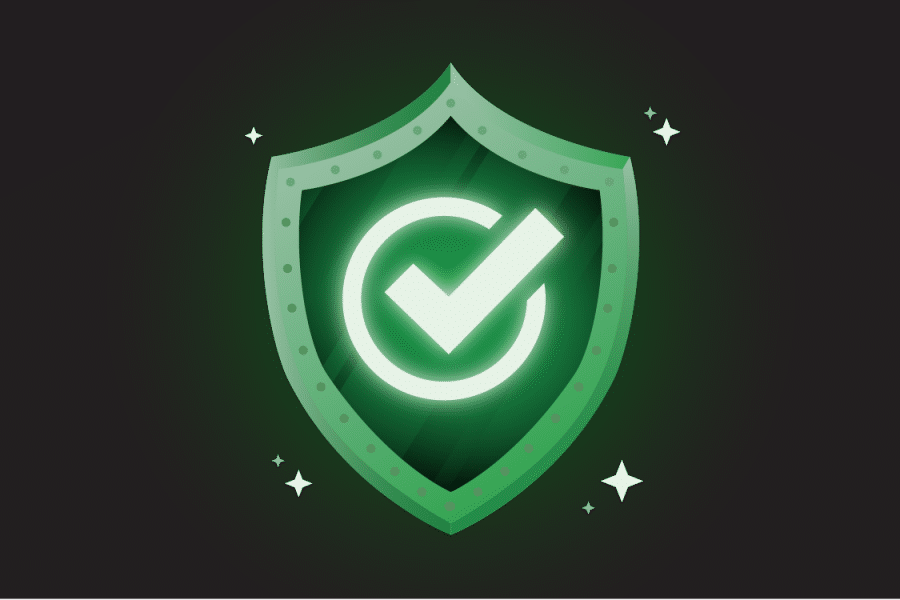Creating a good name for your startup is objective and subjective. The right name can be the foundation for building a lovable brand and company.
The wrong name, however, cannot only fail to resonate with customers but can also result in challenging branding issues or, even worse, insurmountable legal hurdles.
So, if you’d like some advice on how to name your new business, start with these pearls of wisdom and heed their warning.
Here are seven naming mistakes (7 deadly sins, if you will) that can sabotage your startup:

1. Picking A Name That’s Hard To Spell Or Say
One of the most common problems you can face is that your customers cannot spell your name correctly. This is especially the case if you’re doing business in the international market. In addition, if your name has an odd spelling, it’s likely difficult to pronounce.
In the age of Alexa and Siri, a difficult-to-pronounce could make it difficult for people to find your business online. And, of course, if your name is hard to say, you’ll drive yourself crazy constantly correcting people.
But picking a name that’s easy to spell and say doesn’t mean you have to pick a boring one. A good tip is to choose words that include rare letters. Rich Barton, the founder of Expedia, Zillow, and Glassdoor recommends doing this in an interview with Axios.
“You get more points if you use rare letters,” said Barton for Axios. “Because we rarely use those letters, when we read, see, and say them — they jump out at us. And they stick in our heads.”

2. Choosing A Name That Limits Your Business
When you choose a name, don’t pigeonhole yourself into a specific industry, niche, product, or feature. This will limit your company’s extend-ability, making it harder for you to expand into other markets or pivot like many startups.
If your name is too specific, it might have to be changed so your business can grow, which can be an expensive proposition and a giant waste of time and resources.
A great example of an extendable brand name is Amazon. It started as just an online bookstore, but it grew to offer a wide range of products over time. If instead of Amazon, Jeff Bezos named it “Online-Bookstore”, it wouldn’t make sense today.
This is why you should avoid choosing a specialized name, even if you’re forgoing a name that “tells people what you do.” It leaves no space for the inevitable growth or changes your startup will experience.

3. Using A Name That Someone Else Already Uses
Before you say “Eureka” to yourself, do a detailed and thorough search online. Someone likely already owns the name you came up with, which could get you into trouble.
If you’re a US-based company, the first thing you’ll want to do is search USPTO.gov to know whether you can get a trademark or service mark for your name.
And since you will likely want to structure your business as a corporation or LLC, you should search the Secretary of State’s records to ensure your name won’t confuse a business name already registered.
If it is too similar to an existing name, the Secretary of State may not allow you to register it. Hiring trademark lawyers could be an altogether good idea right from the start to protect yourself from someone doing the same to you.

4. Choosing A Name That Has No Meaning
Your name is part of your brand story. Choosing a name that has meaning will help your customers form a connection with your company.
As a young business, building a brand can be an expensive undertaking. A well-formed brand identity, from your logo to your name, will help you gain early traction and tell your story more efficiently.
And there’s a difference between choosing a name that limits your business and one with meaning. For example, Google is derived from GOOGOL. Googol is the mathematical term for a 1 followed by 100 zeros.
Larry and Sergey named their search engine “Google,” as a play on the word “googol,” the mathematical term for a one followed by 100 zeros.
Another trick is blending two names into one, as Pinterest combined Pin and Interest.

5. Using A Name That Isn’t Catchy
Every company wants a name that will resonate with customers and help your company transform into a memorable brand. That’s why you have to avoid the mundane and create something catchy.
Catchiness is a feeling. It’s subjective. But you’ll know it’s catchy if your name is easy to remember and rolls off your tongue naturally. A catchy name has the potential to be something big. You’ll feel more confident pitching it, and your customers will feel more comfortable recommending it.
Remember to run it by a wide range of people or even do an online poll.
A catchy name can help you win business over your competition and cost you less in marketing. You’ll have to spend more on advertising if you have a forgettable name.

6. Thinking You Must Have The “Perfect” Name
The biggest mistake you can make is thinking you need the “perfect name.”
No name is perfect. It often comes down to how well you market it. Names, like logos, become better after you’ve invested time and money into building a cohesive brand message.
For example, Apple is a company that makes computers, notebooks, and phones, as well as other gadgets. It is a worldwide famous brand and most people on the planet would connect the fruit to the device manufacturer.
This “perfect name” took time to develop into a multi-billion-dollar business, and its marketing team had to be creative with messaging and design to build the brand into what it is today.

7. Using A Name You’re Not Personally Happy With
If the name doesn’t feel good to you, it probably isn’t what you should use. You’re the business owner; the name will represent you and vice versa. It’s hard to do if you (personally) are not happy with the name or don’t feel any connection to it.
Give yourself some time, sleep on it, and then see how to improve it. Say it aloud several times and use it in full sentences with your products. That way, you will understand how it sounds to your customers and what makes you unhappy with it. And it’s normal to love it and then hate it two weeks later instantly. Give it time, but remember there’s no such thing as perfect.
Final Thoughts
Naming a business is a demanding task; while some may come up with one quickly, others may struggle. Before you embark on your creative journey, be wary of these seven deadly naming sins because the wrong name could set your new business up for a hellish start and a fiery end.
Editor’s Note: This article is part of the blog series Start Your Business brought to you by the marketing team at Unitel, the virtual phone system priced and designed for startups and small business owners.






